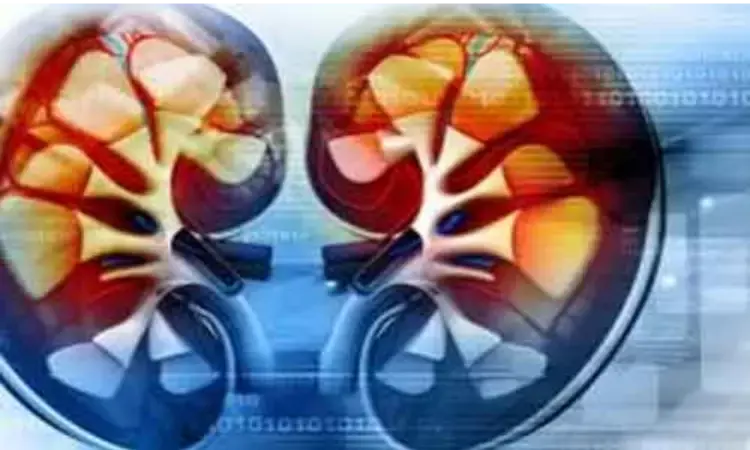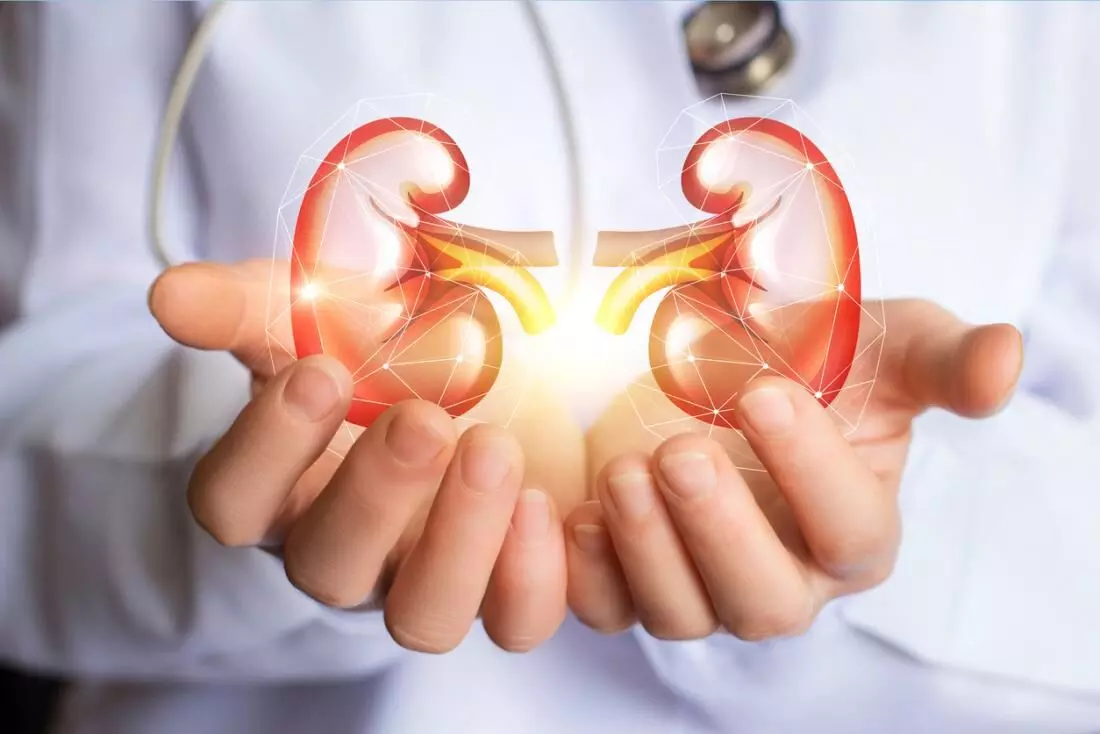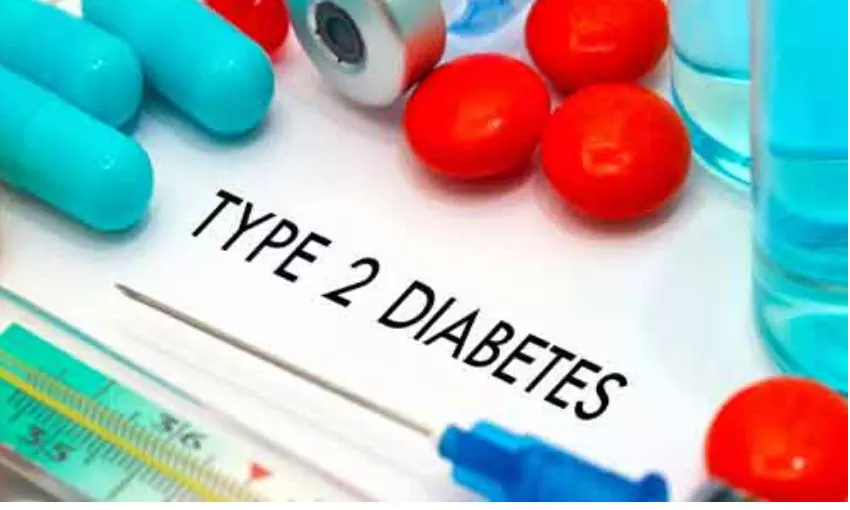- Home
- Medical news & Guidelines
- Anesthesiology
- Cardiology and CTVS
- Critical Care
- Dentistry
- Dermatology
- Diabetes and Endocrinology
- ENT
- Gastroenterology
- Medicine
- Nephrology
- Neurology
- Obstretics-Gynaecology
- Oncology
- Ophthalmology
- Orthopaedics
- Pediatrics-Neonatology
- Psychiatry
- Pulmonology
- Radiology
- Surgery
- Urology
- Laboratory Medicine
- Diet
- Nursing
- Paramedical
- Physiotherapy
- Health news
- Fact Check
- Bone Health Fact Check
- Brain Health Fact Check
- Cancer Related Fact Check
- Child Care Fact Check
- Dental and oral health fact check
- Diabetes and metabolic health fact check
- Diet and Nutrition Fact Check
- Eye and ENT Care Fact Check
- Fitness fact check
- Gut health fact check
- Heart health fact check
- Kidney health fact check
- Medical education fact check
- Men's health fact check
- Respiratory fact check
- Skin and hair care fact check
- Vaccine and Immunization fact check
- Women's health fact check
- AYUSH
- State News
- Andaman and Nicobar Islands
- Andhra Pradesh
- Arunachal Pradesh
- Assam
- Bihar
- Chandigarh
- Chattisgarh
- Dadra and Nagar Haveli
- Daman and Diu
- Delhi
- Goa
- Gujarat
- Haryana
- Himachal Pradesh
- Jammu & Kashmir
- Jharkhand
- Karnataka
- Kerala
- Ladakh
- Lakshadweep
- Madhya Pradesh
- Maharashtra
- Manipur
- Meghalaya
- Mizoram
- Nagaland
- Odisha
- Puducherry
- Punjab
- Rajasthan
- Sikkim
- Tamil Nadu
- Telangana
- Tripura
- Uttar Pradesh
- Uttrakhand
- West Bengal
- Medical Education
- Industry
Intraglomerular dysfunction may predict kidney failure in type 2 diabetes patients: Study

USA: Intraglomerular dysfunction can predict kidney failure in type 2 diabetes (T2D) patients, suggests a recent study in Diabetes, the journal of the American Diabetes Association.
The study found intraglomerular hemodynamic parameters to be strongly associated with incident end-stage kidney disease (ESKD) and correlated with structural lesions of diabetic kidney disease (DKD).
In people with type 2 diabetes, none of the longitudinal data has linked intraglomerular hemodynamic dysfunction with ESKD. Afferent (RA) and efferent (RE) arteriolar tone and intraglomerular pressure (PGLO) are estimated from glomerular filtration rate (GFR), renal plasma flow (RPF), blood pressure, hematocrit, and plasma oncotic pressure and are not directly measurable.
Against the above background, c, NIDDK, Phoenix, AZ USA, and colleagues aimed to examine the association of the RA/RE ratio and PGLO with ESKD incidence in 237 Pima Indian persons with T2D who underwent serial measures of GFR (iothalamate) and RPF (p-aminohippurate). The researchers also examined their association with kidney structural lesions in a subset of 111 participants.
Upon analysis, the researchers found the following:
- During a median follow-up of 17.5 years, out of 237 participants (mean age 42 years, diabetes duration 11 years, GFR 153 ml/min, median ACR 36 mg/g), 69 progressed to ESKD.
- In latent class analysis, distinct trajectories characterized by increasing RA/RE ratio (HR: 4.60) or elevated PGLO followed by a rapid decline (HR: 2.96) strongly predicted incident ESKD. PGLO (R2=21%,) and RA/RE (R2=15%,) also correlated with mesangial fractional volume, a structural predictor of DKD progression.
Our findings showed that intraglomerular hemodynamic parameters are associated strongly with incident ESKD and correlated with structural lesions of DKD, concluded the authors.
Reference:
The study titled, "Intraglomerular dysfunction predicts kidney failure in type 2 diabetes," is published in the ADA journal Diabetes.
DOI: https://diabetes.diabetesjournals.org/content/early/2021/07/13/db21-0154
Dr Kamal Kant Kohli-MBBS, DTCD- a chest specialist with more than 30 years of practice and a flair for writing clinical articles, Dr Kamal Kant Kohli joined Medical Dialogues as a Chief Editor of Medical News. Besides writing articles, as an editor, he proofreads and verifies all the medical content published on Medical Dialogues including those coming from journals, studies,medical conferences,guidelines etc. Email: drkohli@medicaldialogues.in. Contact no. 011-43720751




